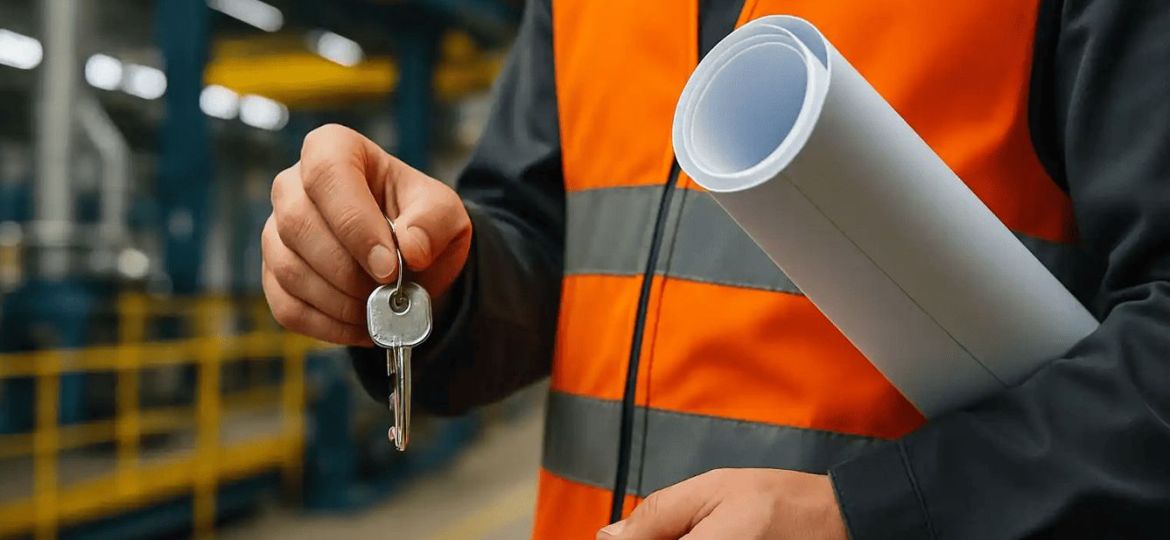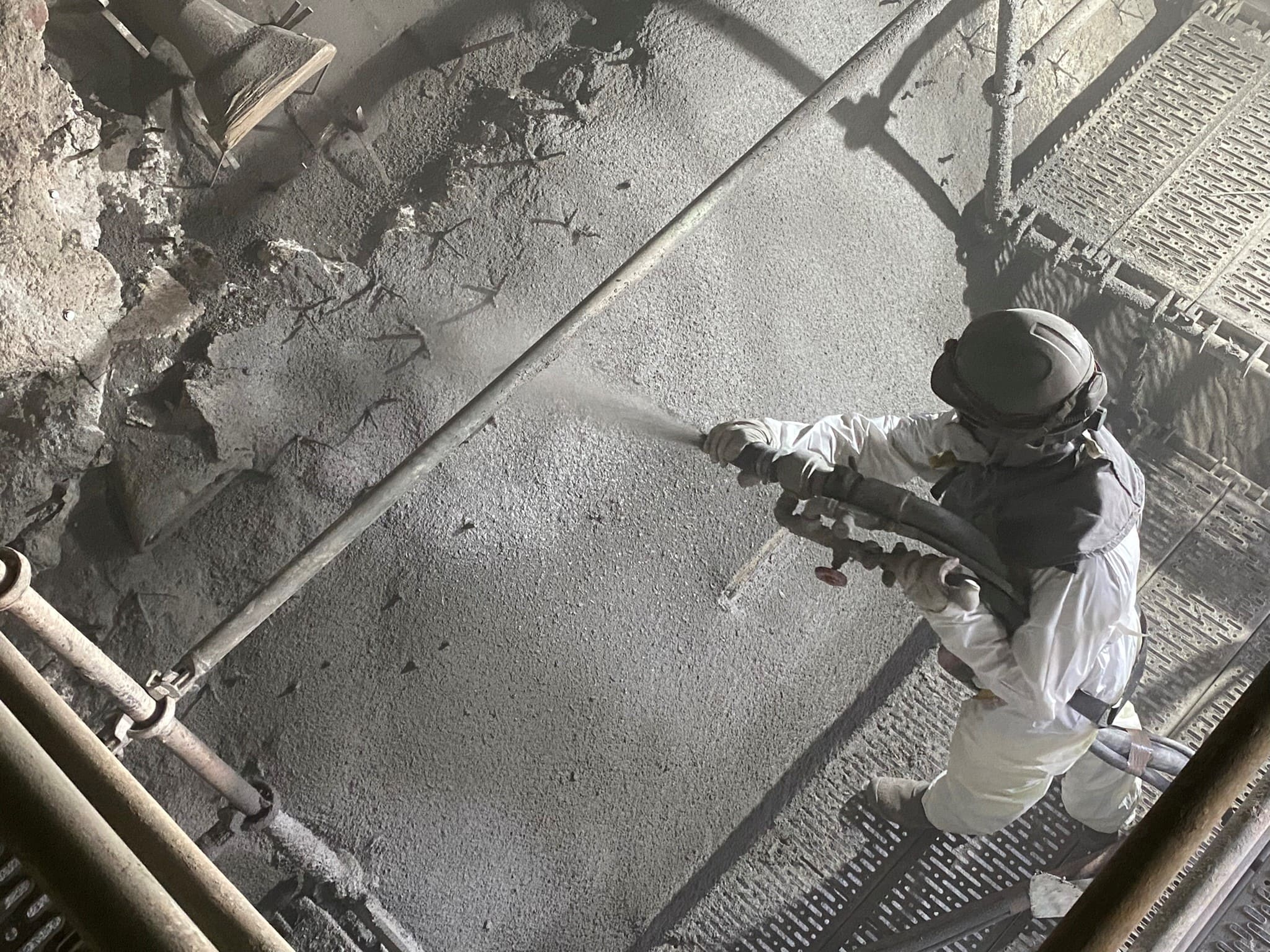
Turnkey projects have become a necessity in the industrial sector, as they allow companies to fully delegate the entire process to a single specialized provider — from the initial needs assessment to the final delivery of an operational solution. This model is an effective way to reduce time, costs, and risks.
What Does Turnkey Really Mean in an Industrial Environment?
A turnkey project is one in which a company takes full responsibility for all phases of a technical service or installation: design, engineering, supply, assembly, quality control, and final delivery.
In demanding industrial environments, having a single specialized provider like Alfran offers major advantages compared to older, fragmented models.
Why Does This Model Add Value to Industrial Companies?
Seamless Coordination
When engineering, material supply, installation, and technical validation are handled by a single point of contact, overlaps, misunderstandings, and delays are avoided. Everything flows as a continuous process.
Reduced Downtime
In industries such as cement, steel, or Oil & Gas, unplanned downtime can lead to significant losses. A well-planned turnkey model minimizes service interruptions and allows for faster restarts.
Greater Quality and Safety Control
The executing company takes full responsibility for the entire process. There is no ambiguity: each phase is documented, inspected, and supervised, ensuring traceability and regulatory compliance.
Real Savings in Unexpected Costs
A well-integrated project from the beginning avoids extra costs caused by equipment incompatibility, installation errors, or last-minute issues. This results in optimized human, logistical, and material resources.
How Is a Turnkey Project Structured in High-Temperature Industries?
Although each installation has its own specifics, turnkey projects generally follow this structure:
Phase 1: Engineering and Design
- Diagnosis of thermal, mechanical, or lining needs.
- Study of the most efficient materials and techniques for each industry (refractories, insulation, fireproofing, thermal treatments, or electrical heat tracing).
- Resource, logistics, and schedule planning.
Phase 2: Manufacturing and Supply
- Production or selection of materials from in-house facilities or certified suppliers.
- Transport coordination to the site and preliminary setup.
Phase 3: Technical Installation
- Skilled labor for each specific solution (demolition, shotcrete, pumpcrete, anchor welding, etc.).
- Integration with other technical disciplines present at the facility.
Phase 4: Supervision and Delivery
- Quality control, testing, and technical validation.
- Staff training, if required.
- Final documentation preparation and delivery.
![Actividades industriales Alfran]() How to Identify a Good Turnkey Partner
How to Identify a Good Turnkey Partner
- Proven experience in your industry.
- Own technical expertise, staff, and full control over installation processes.
- Can show real references from similar projects.
- Integrates safety, quality, and sustainability from the start.
- Provides after-sales support, monitoring, and maintenance.
Conclusion
Choosing a turnkey project approach is essential to ensure that an industrial installation operates with reliability, efficiency, and safety from day one. For industries that cannot afford any kind of downtime, partnering with a single provider like Alfran is a strategic decision that translates directly into long-term results.



 How to Identify a Good Turnkey Partner
How to Identify a Good Turnkey Partner